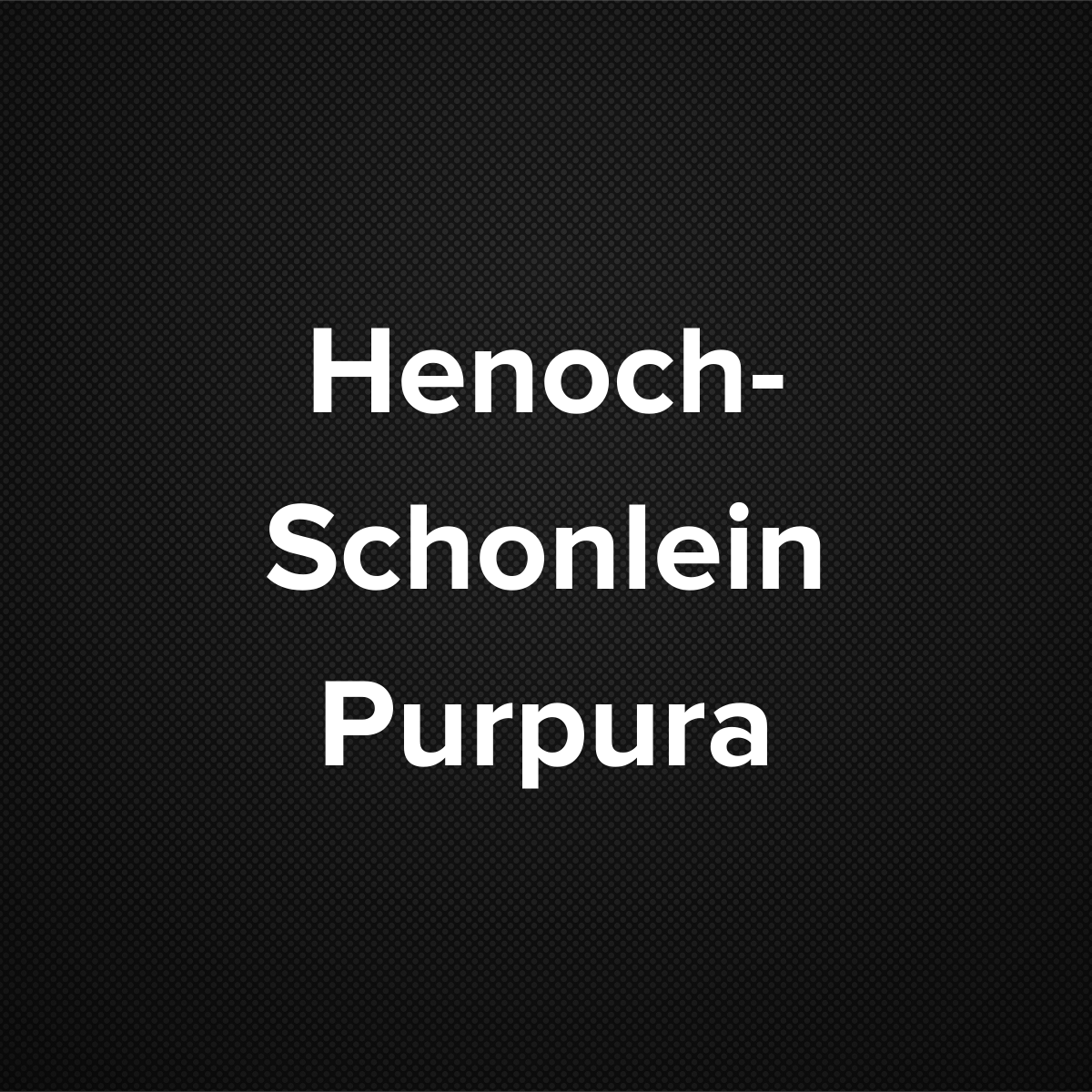Causes and risk factors
The cause of inflammation is not clear. But it is believed that Henoch-Schonlein purpura is caused by an abnormal response of the immune system. It is an acute immunoglobulin A [IgA] mediated infection. It can affect anyone, but it is more common in children between the ages of 2 and 6. It affects boys more than girls. Henoch-Schonlein purpura frequently follows an upper respiratory infection such as cold. Other factors that may cause Henoch-Schonlein purpura are certain medications, food, insect bites or exposure to cold weather.
Clinical presentation
Patient presents with reddish purple rash with bruises. Ultimately they appear as purpura. It is seen mainly on dependent areas like buttocks, legs and feet but can also be seen on arms, trunk, and face. The rash is worse on areas of pressure such as sock line or waist line. Painful joints such as knee and ankle joint is experienced by the patient. Gastrointestinal symptoms like abdominal pain, nausea, vomiting, bloody stools are observed. It also affects kidney causing blood or protein in urine.
Investigation
Medical history by the patient and Clinical examination by the dermatologist helps in diagnosis. Blood test may be useful for evaluation of disease. Skin biopsy is done which confirms the diagnosis. Imaging studies such as ultrasound of abdomen is done. Urine analysis may be performed.
Treatment
No treatment is required as the infection goes away on its own within 4-5 weeks, but if symptoms do not go away, doctor may prescribe corticosteroid medicine. Medicines like analgesics and NSAIDs will also help in managing HSP. Home care will involve bed rest, drinking plenty of fluids contribute further to the treatment.
Other Modes of treatment
The other modes of treatment can also be effective in treating Henoch-Schonlein purpura.
Homoeopathy is a science which deals with individualization considers a person in a holistic way. This science can be helpful in combating the symptoms. Similarly the ayurvedic system of medicine which uses herbal medicines and synthetic derivates are also found to be effective in treating Henoch-Schonlein purpura.






























